Boston — The Dartmouth men’s basketball team halted its attempt to unionize on Tuesday, unexpectedly terminating a bid to become the first collegiate athletes to negotiate a contract in order to avoid a potentially detrimental precedent set by a National Labor Relations Board that would soon be controlled by Republicans.
Service Employees International Union Local 560 requested that the NLRB petition be withdrawn rather than risk facing a hostile labor board that is anticipated to take over in the future presidential administration. Later on Tuesday, the board’s regional director authorized the request.
“While our strategy is shifting, we will continue to advocate for just compensation, adequate health coverage, and safe working conditions for varsity athletes at Dartmouth,” local president Chris Peck said in a statement, calling collective bargaining “the only viable pathway to address issues” in college athletics today.
Although the NCAA classifies players as “student-athletes,” Dartmouth players petitioned the labor board in 2023 for the right to unionize, claiming that the New Hampshire school had so much control over their schedules and working conditions that they met the legal definition of employees. A regional official agreed, and the team voted 13 to 2 in March to join SEIU Local 560, which already represents some Dartmouth employees.
The school announced that it will refuse to negotiate with the players, a ploy intended to bring the dispute into federal court. Before coming down at the bargaining table, the players would require favorable decisions from the NLRB, which currently has two positions that President-elect Donald Trump will fill after his Jan. 20 inauguration.
In a statement, the school said that the decision to categorize the players as employees was “incorrect and not supported by legal precedent.”
“Dartmouth has developed positive connections with the unions that comprise our campus community, and we have high regard for our 1,500 union colleagues. However, in this specific case, we did not consider that unionization was appropriate,” the school stated. “We will continue to support our men’s basketball team and all our students in their athletic endeavors which complement and enhance their academic experience at Dartmouth.”
Cade Haskins and Romeo Myrthil, the two Dartmouth players who started the union campaign, did not immediately respond to The Associated Press’s text messages seeking comment. However, the union congratulated them for their efforts.
“By filing a request to withdraw our petition today, we seek to preserve the precedent set by this exceptional group of young people on the men’s varsity basketball team,” Peck told the crowd. “They have pushed the conversation on employment and collective bargaining in college sports forward and made history by being classified as employees, winning their union election 13-2, and becoming the first certified bargaining unit of college athletes in the country.”
The Dartmouth case threatened to upend the NCAA’s amateur paradigm, in which athletes are salaried despite the fact that college sports have grown into a multibillion-dollar industry that lavishes coaches and colleges with riches.
Recent court judgments have eroded that foundation, with athletes now permitted to profit from their name, image, and likeness while earning a still-restricted stipend for living needs beyond the cost of attendance. The NCAA has been urging Congress to keep the amateur model, which becomes more plausible with Republican leadership.
Both parties recognize that the present paradigm is under risk.
A collegiate athletes’ union would be unique in American sports. A prior attempt to unionize the Northwestern football team failed because opponents in the Big Ten Conference include public colleges not subject to the NLRB’s jurisdiction. A separate NLRB lawsuit requests that football and basketball players at Southern California be considered employees of the institution, the Pac-12 league, and the NCAA.



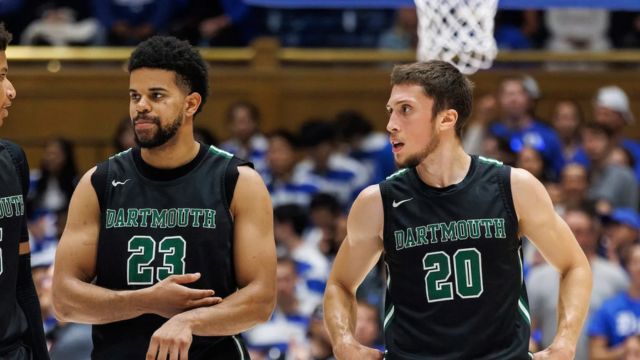
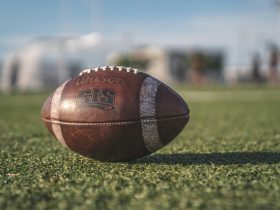
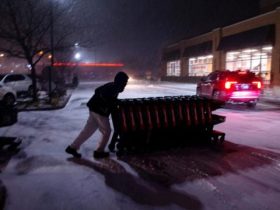
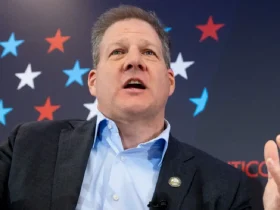


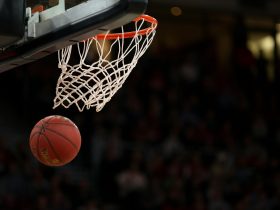
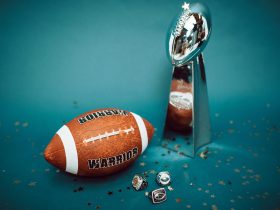
Leave a Reply